Tag: stoicism
-
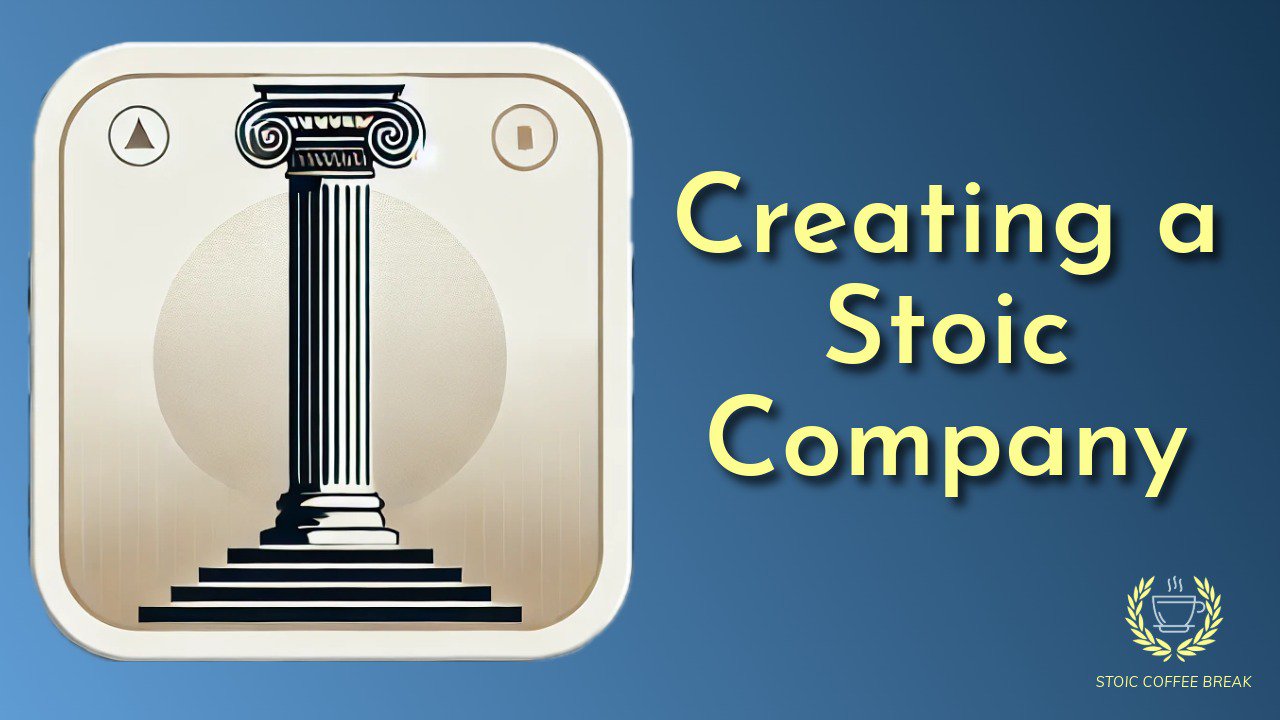
332 – Creating a Stoic Company: Interview with Geoff Roberts from Outseta
In this insightful interview, Geoff Roberts of Outseta discusses how Stoic principles shape his company’s unique approach to business. By prioritizing transparency, eliminating hierarchy, and fostering a strong sense of ownership among employees, Outseta exemplifies a harmonious blend of personal growth and professional success. Discover the transformative power of Stoicism in creating a sustainable and…
-
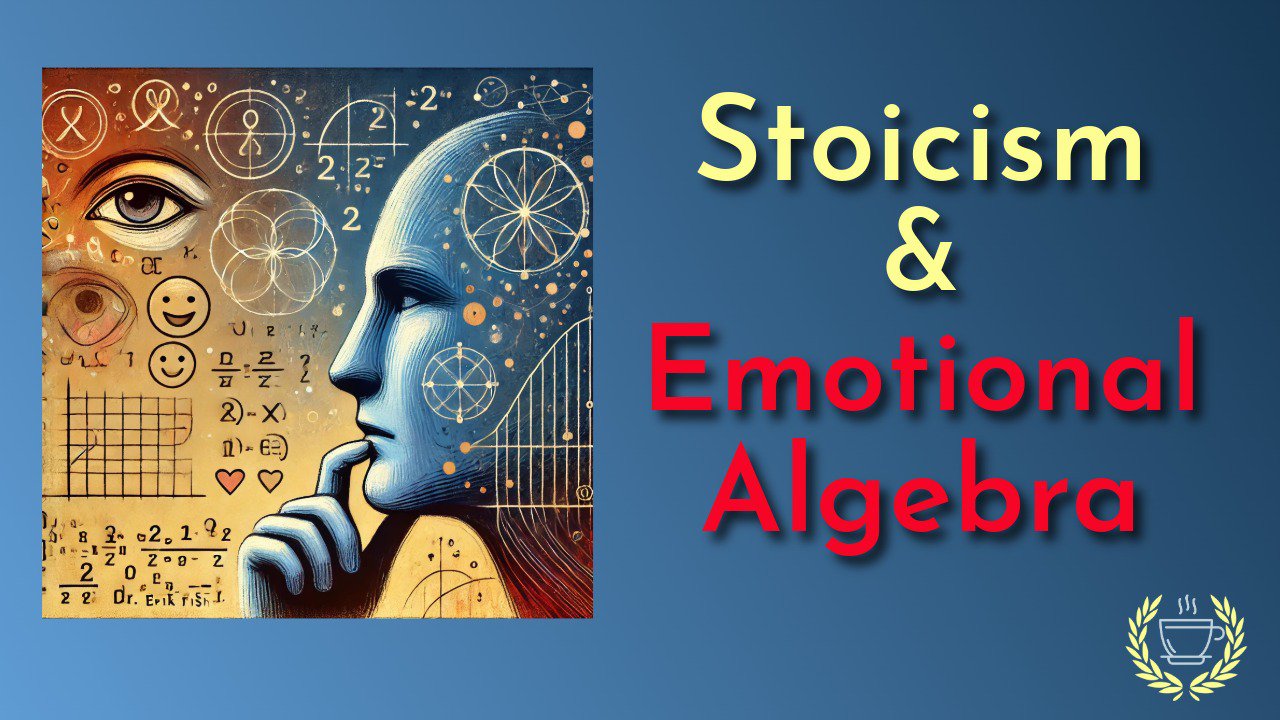
330 – Emotional Algebra: Interview with Dr. Erik Fisher
Explore the transformative power of Stoicism in enhancing mental health with insights from Dr. Erik Fisher. Discover how understanding and embracing emotions can lead to profound personal growth and resilience. Learn practical techniques on how to use Stoicism for better mental health and navigate life’s challenges with wisdom and grace.
-

325 – New Year Same You? The Stoic Guide to Effective Resolutions
”Life is long if you know how to use it.” —Seneca As the new year dawns, many of us set ambitious resolutions, yet often struggle to see them through. In this episode we draw on Stoic wisdom, exploring practical strategies for effective goal-setting—focusing on reflection, gratitude, and the process rather than just the outcome. Embrace…
-
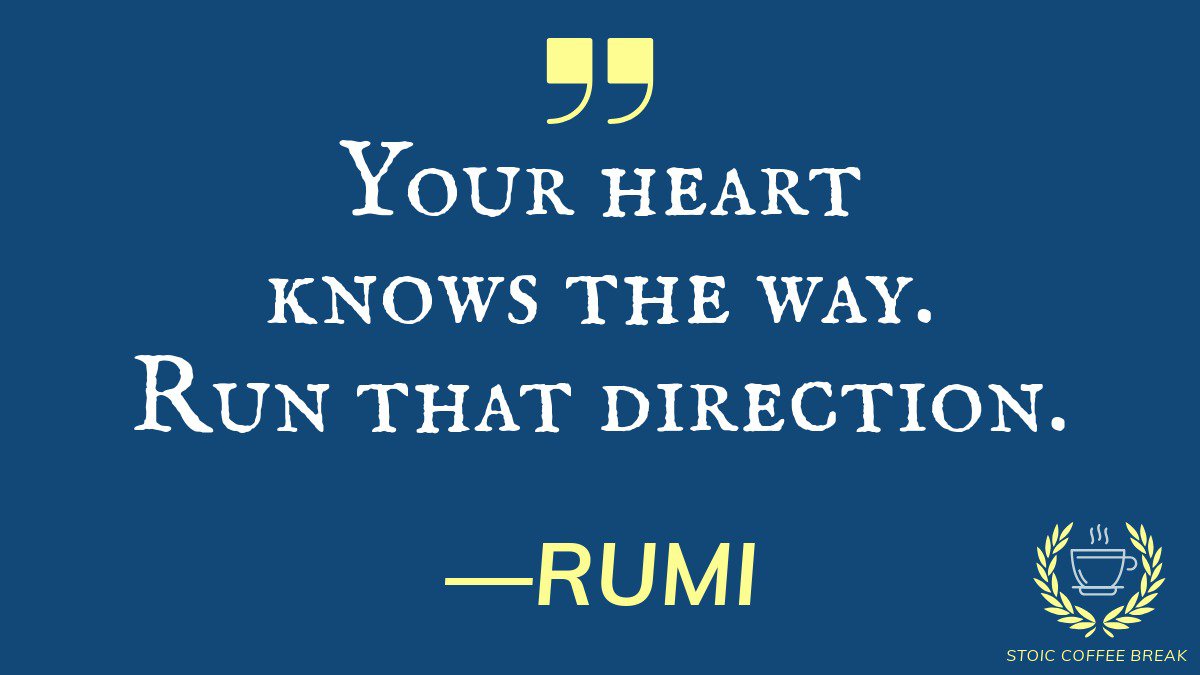
322 – Wise Feelings: The Secret Sauce to Smart Choices
“Your heart knows the way. Run that direction.” —Rumi Emotions often get a bad rap as obstacles to clear thinking, but what if they’re actually our internal GPS guiding us towards our deepest values? Discover how embracing and understanding your emotions can lead to wiser, more aligned decisions.
-

318 – Mental Health, Stoic Wisdom: Finding Calm in the Chaos
“The lamp of wisdom shines brightest when lit by the flame of self-awareness.” ― Musonius Rufus In a world filled with chaos, finding inner calm can feel like an insurmountable task. By blending the timeless wisdom of Stoicism with modern mental health strategies, this article explores practical tools to build resilience and navigate life’s dark…
-

312 – Stoicism in Action: Interview with Shawn Sarazin
“The impediment to action advances action. What stands in the way becomes the way.” —Marcus Aurelius In this heartfelt episode of the Stoic Coffee Break, Erick Cloward sits down with Shawn Sarazin, a listener who shares his transformative journey through pain and acceptance. From battling chronic leg issues to making the life-altering decision to amputate,…
-
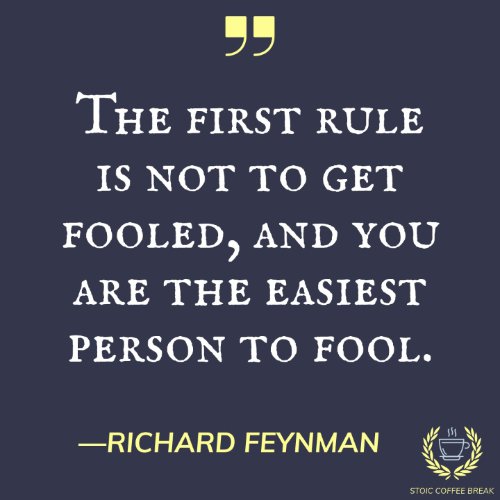
309 – Think Again: Stoic Tools to Dismantle Confirmation Bias
“The first rule is not to get fooled, and you are the easiest person to fool.” —Richard Feynman Do you find yourself clinging to beliefs despite contradictory evidence? Discover how the Challenger disaster underscores the perils of confirmation bias and learn Stoic strategies to challenge your assumptions, fostering a more objective and rational mindset.
-

307 – Interview With Author and Human Behavior Expert Dr. John Demartini
Join Erick Cloward on this week’s Stoic Coffee Break as he delves into an inspiring conversation with Dr. John Martini, a relentless researcher and teacher who overcame significant childhood challenges to explore human potential. Discover how philosophy and the pursuit of knowledge can transform lives, all within the time it takes to enjoy your coffee.
-
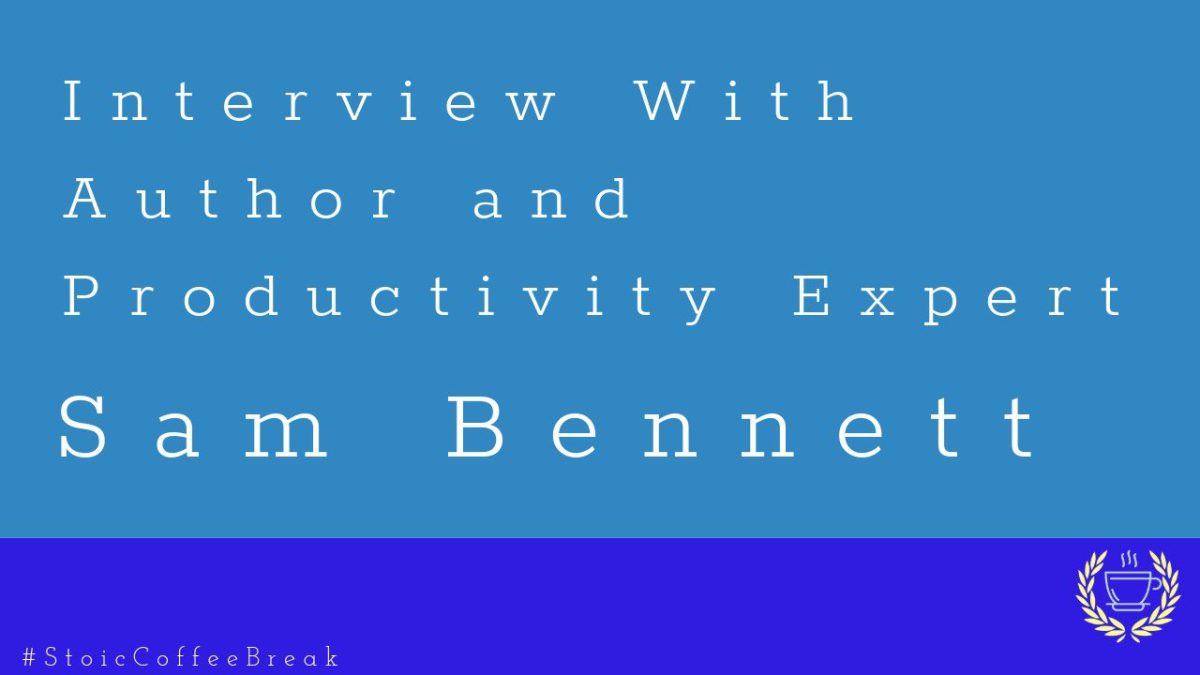
306 – Interview With Author and Productivity Expert Sam Bennett
Dive into the insightful conversation with Sam Bennett, an author and productivity expert, as she shares her journey from the stages of Second City Theater to becoming a beacon for creative minds. Discover practical tips on overcoming procrastination, embracing hobbies versus art, and following your passion’s sparkly breadcrumbs. This engaging dialogue promises to inspire and…
-

303 – The Antidote to Anger: The Art of Stoic Acceptance
“If you are irritated by every rub, how will your mirror be polished?” —Rumi Do you struggle with anger? Discover how Stoicism can help you transform that rage into peace. By embracing the art of acceptance and understanding the root causes of our emotions, we can lead more harmonious lives. Dive deep into personal stories…